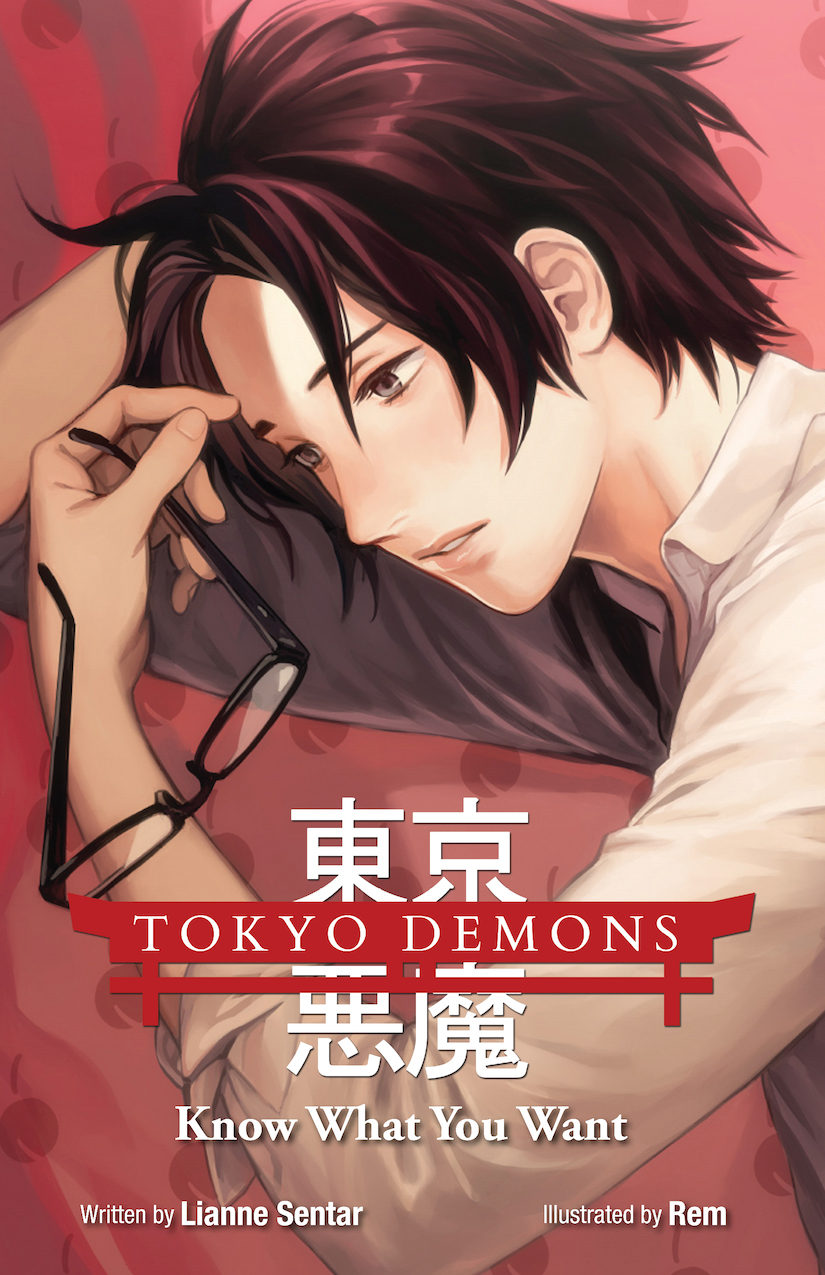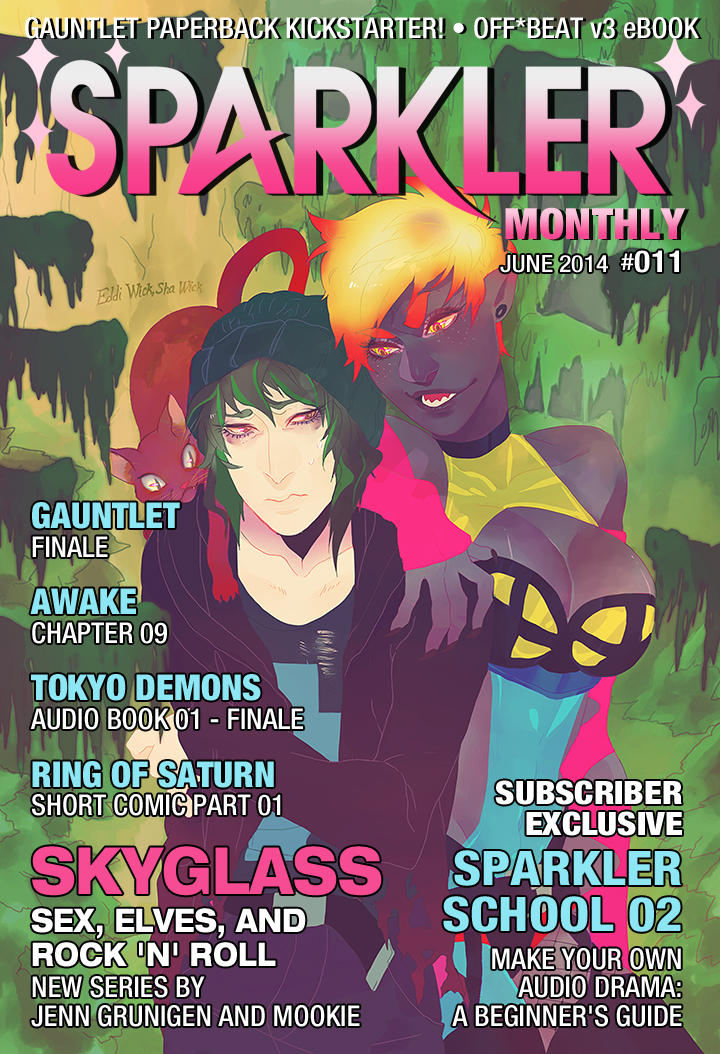Author: Lianne Sentar Illustrator: Rem, Romy-chan, Tacto Publisher: Chromatic Press ISBN: 9780993861185 Released: February 2016 Ever since reading You're Never Alone, the first novel in Lianne …
Random Musings: Cherry Bomb, Cinderseed, and Skyglass
Back in April 2014, Chromatic Press announced Cherry Bomb, its new imprint for mature readers. The intent was to provide an outlet for Sparkler Monthly's creators to explore a sexier side of their …
Continue Reading about Random Musings: Cherry Bomb, Cinderseed, and Skyglass →

